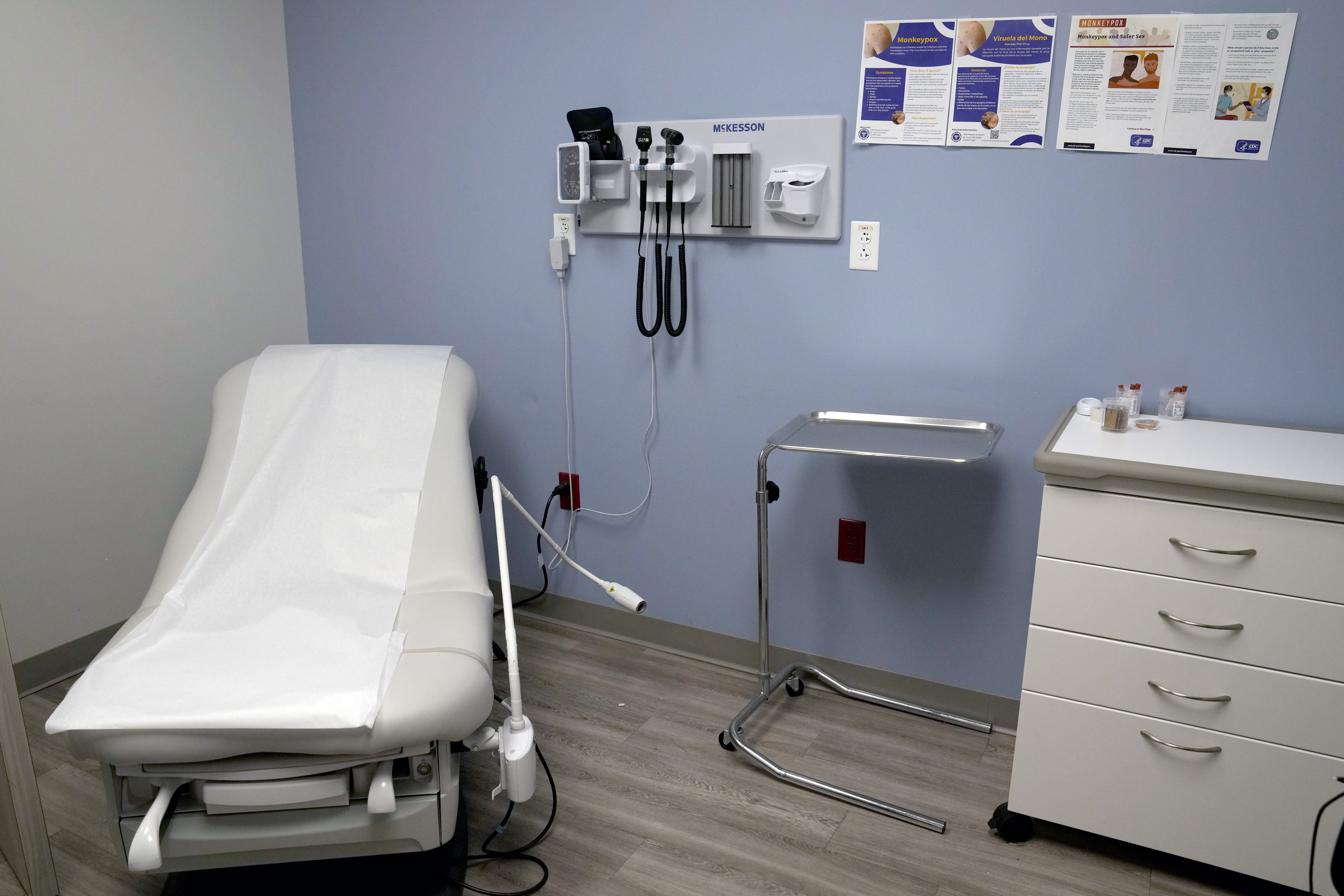Vermont’s largest hospital says it’s treating more patients for drug overdoses but is seeing fewer people seeking help for their addiction through its innovative rapid-response care plan.
“Lately, we have had what seems to be, anecdotally, a spike in overdose cases,” observed Kyle DeWitt, a pharmacist in the emergency department at the University of Vermont Medical Center.
As NECN and NBC10 Boston reported last month, human services providers in the Burlington area have worried a combination of job losses and social isolation during the pandemic could increase the risk for relapses or overdoses, since in-person recovery support and overdose prevention efforts were put on pause during the stay-at-home order.
Emergency department operations at have continued through the pandemic, and in-person visits to non-emergency medical clinics in Vermont have resumed.
DeWitt and his colleagues now provide three-day starter packs of medication-assisted therapy, 24/7, from inside the ER.
The medical center recognizes people with substance use disorder will likely see they need a path away from heroin, fentanyl and other opioids outside of normal business hours.
Therefore, the meds in the kits buy time for people who walk into the ER seeking help with their opioid use disorder, suppressing both cravings and withdrawal symptoms until they can make it back to the hospital for an appointment to begin a tailored treatment program with full support services.
U.S. & World
“It’s been really successful so far,” DeWitt told NECN and NBC10 Boston.
UVMMC has enrolled nearly 150 patients in a federally funded study into the program since last year, according to nurse and researcher Roz Bidad.
Bidad said the ER is an excellent place to deliver this type of treatment because it is open whenever a patient may want to start their journey to recovery. She is tracking success over time of the ER’s new rapid-response approach to delivering medication-assisted therapy.
Once the pandemic hit, the hospital said the team working on the initiative saw a sudden drop-off in walk-ins, resulting in enrollments in the study dropping almost to zero.
Bidad said she worries COVID-19 may have folks who use opioids, including heroin, hesitant to seek help. But they shouldn’t be afraid of catching the virus at UVMMC’s emergency department, she said.
“If people have a need, they need to know we are here and it’s safe to seek care,” Bidad said.
That plea is reminiscent of how hospitals nationwide strongly urged patients not to delay emergency care because they were concerned about exposure to the virus, for example if they were having symptoms that could indicate a possible stroke, heart attack, or other serious problem.
Cam Lauf said he knows first-hand how getting medication-assisted therapy quickly can be life-changing.
“I was terrified,” Lauf recalled, thinking back to 2011, when he lived in Maryland and sought help for heroin use.
Lauf said that when he went to an ER there, he learned he’d have to wait two days to get clinical attention.
Those 48 painful hours of withdrawals were a medically dangerous time, Lauf said in an interview Thursday.
“If I was to get high, I could’ve potentially overdosed and died,” Lauf said.
Now sober long-term, Lauf’s memories have him proud to be a peer recovery coach with the Turning Point Center of Chittenden County, as well as part of the patient support team for the medication-assisted therapy program in UVMMC’s emergency department.
Lauf echoed Bidad’s encouragement for people with substance use disorder to not be afraid to come into the emergency department during the pandemic.
He indicated he is living proof that recovery is achievable and worth working toward.
“We see people kind of put their lives back together and it’s a really beautiful experience,” Lauf said.



